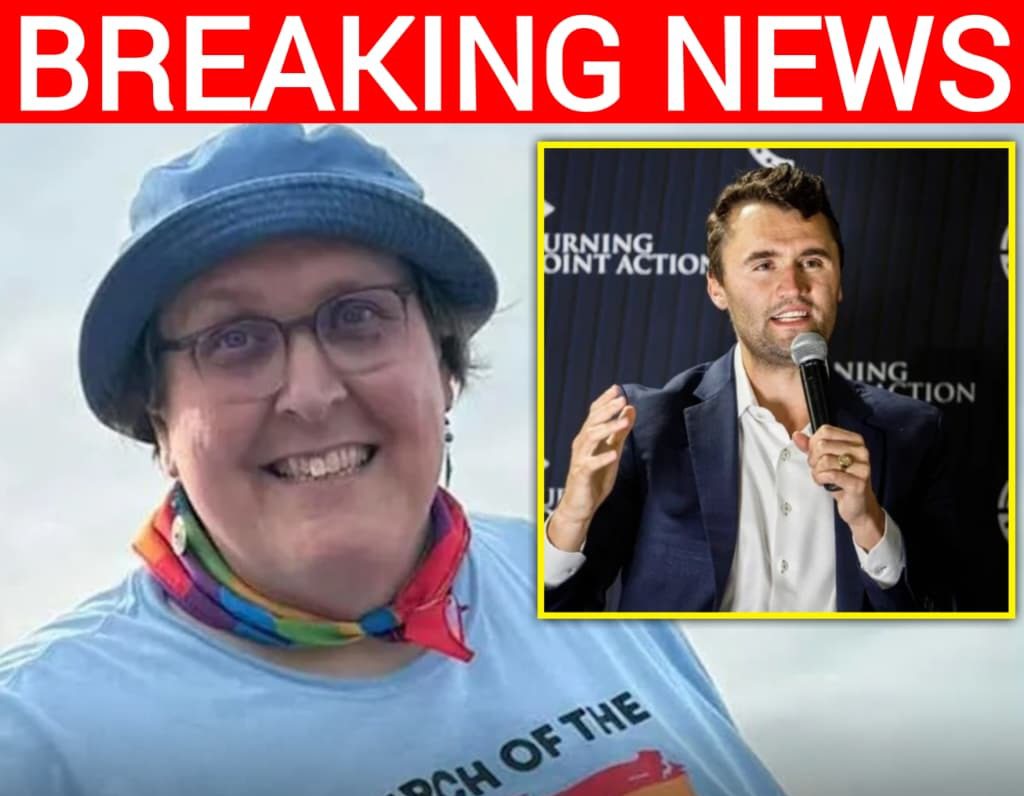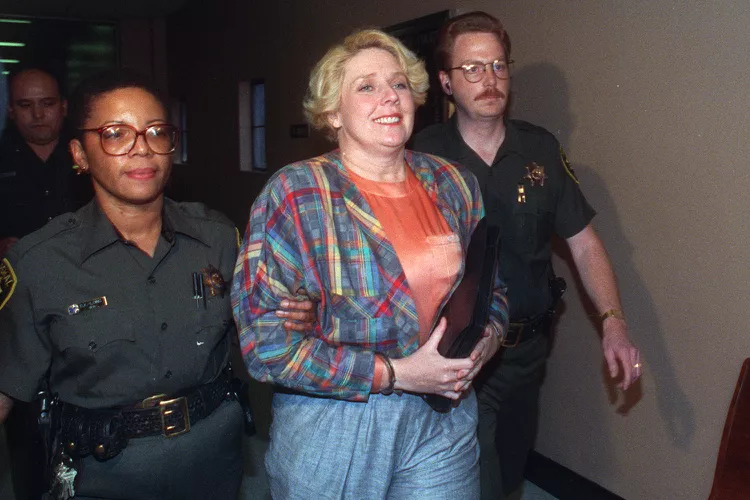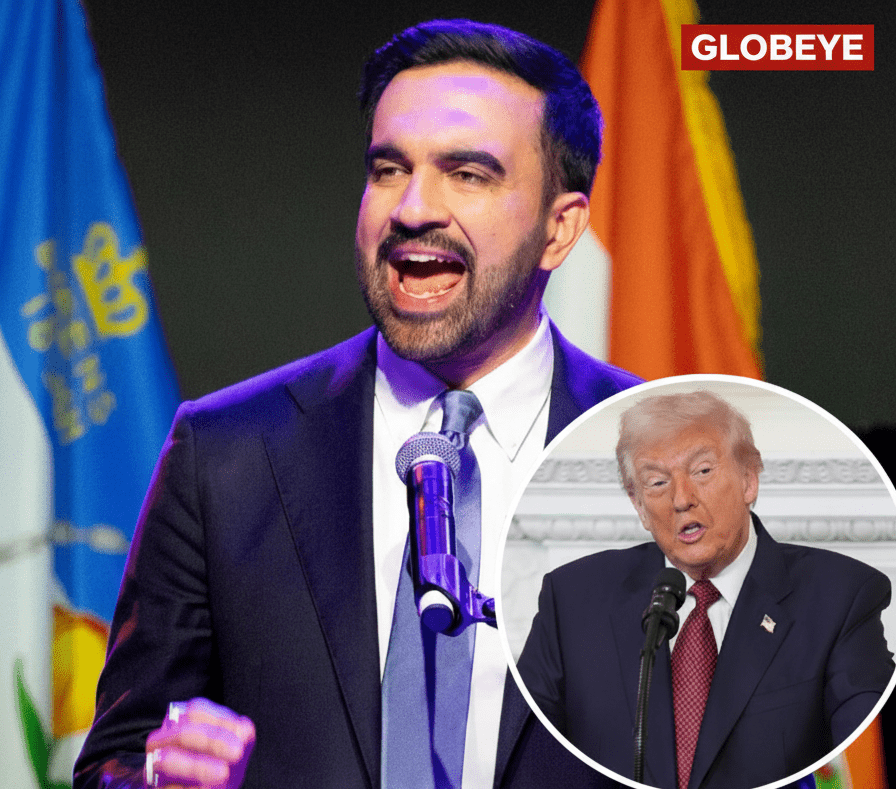Oklahoma City University Fires Transgender Director Paula Sophia Schonauer After Viral Post Expressing “Vindication” Over Conservative Activist Charlie Kirk’s Assassination
Oklahoma City University has terminated its Director of Counseling, Paula Sophia Schonauer, following intense backlash over social media comments in which she appeared to express “grudging satisfaction” and “vindication” after the September 10, 2025, assassination of conservative commentator and activist Charlie Kirk. The posts, which surfaced in mid-September, quickly went viral after being amplified by the social media account Libs of TikTok, sparking outrage across political and university circles.
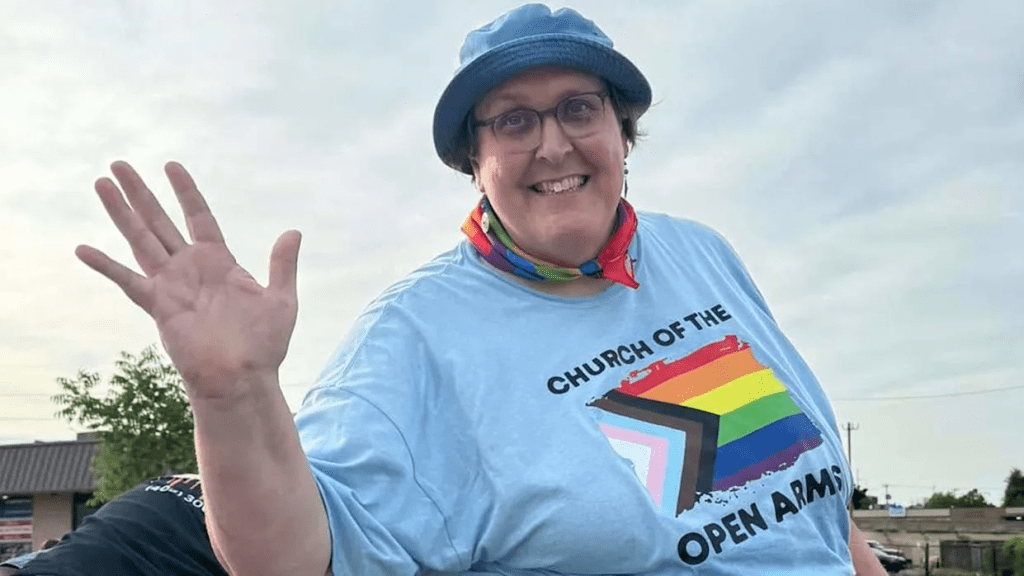
Schonauer, who had served in her position at OCU for nearly a decade and was a visible advocate for LGBTQ+ students, became the center of a digital firestorm after screenshots from her Facebook account began circulating online. In one of the posts, she wrote that as a target of Charlie Kirk’s rhetoric, she felt “a certain amount of vindication at the death of an oppressor.” Another post reportedly referenced the Bible verse Proverbs 11:10, which reads, “When the righteous thrive, the city rejoices, and when the wicked perish, there are shouts of joy.”

The comments were made shortly after news broke that Kirk had been fatally shot outside a public speaking engagement in Tampa, Florida — an attack authorities described as politically motivated. Schonauer’s remarks drew immediate condemnation from conservative figures and organizations, including the Oklahoma Freedom Caucus, which called for her removal, labeling her statements “vile” and “dangerous.” The group urged supporters to contact OCU’s leadership directly, publishing the university president’s contact details in a post that garnered thousands of interactions.
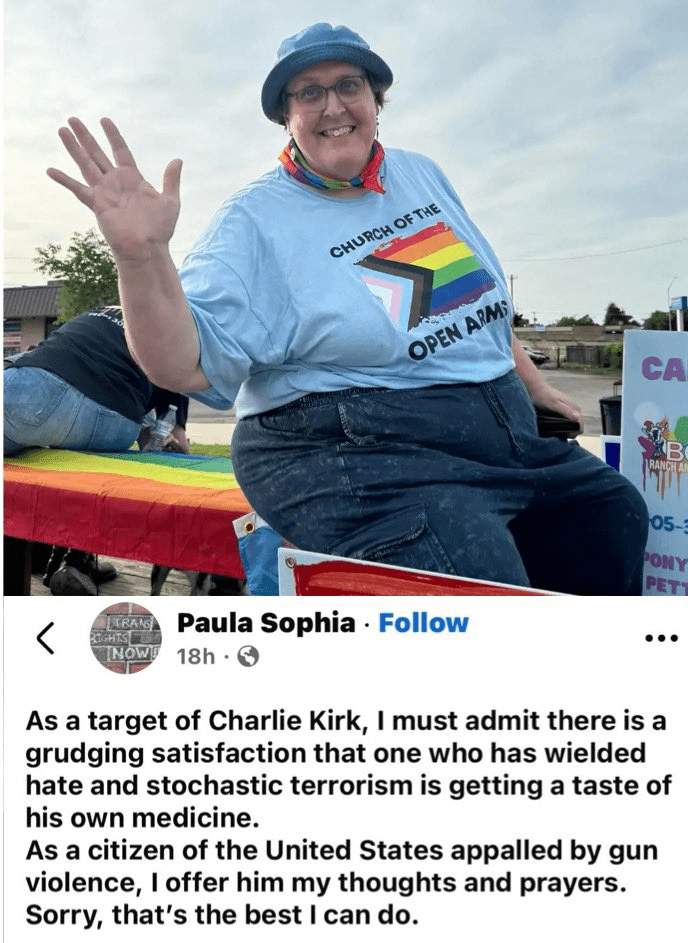
Within days, the controversy had escalated. Hashtags demanding Schonauer’s firing trended on X (formerly Twitter), while her name began appearing on right-leaning talk shows and news commentary programs. Critics accused her of celebrating political violence, arguing that such a stance was incompatible with her role as a counselor responsible for guiding young adults through personal and emotional struggles.
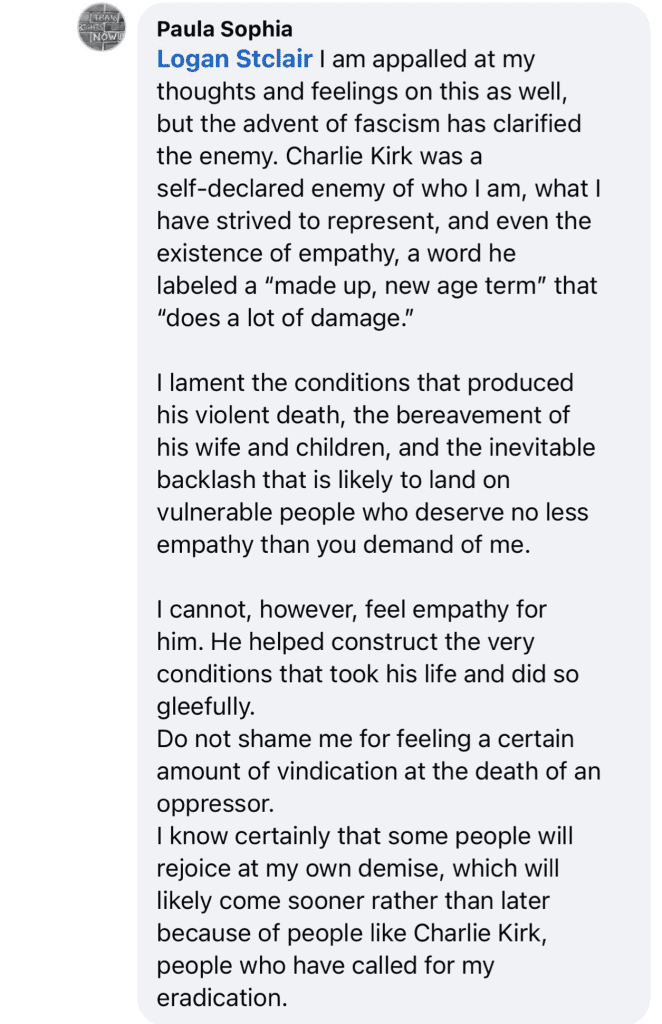
In a statement released on Wednesday, Oklahoma City University confirmed that Schonauer “is no longer employed” by the institution. The university did not explicitly cite the social media posts but said it “expects all staff and faculty to uphold the highest standards of professionalism, empathy, and respect in both personal and public communication.”
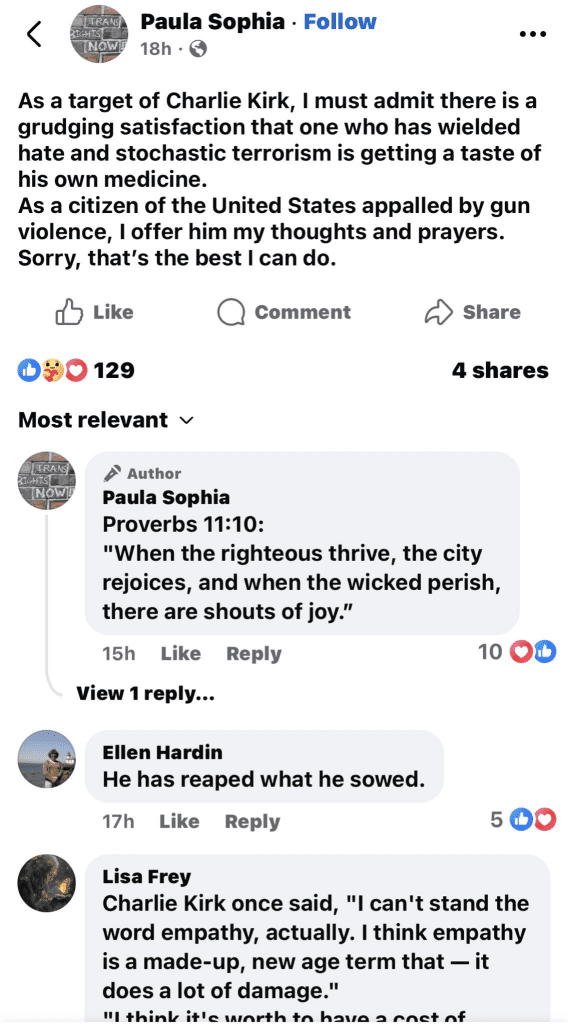
The reaction online has been divisive. Supporters of the decision praised OCU for taking swift action, claiming it was a necessary step to maintain ethical standards. “Someone counseling students should never justify murder, no matter who the victim is,” one user wrote. Others, however, have called the firing a political overreaction, arguing that Schonauer’s comments — while ill-judged — reflected frustration rather than endorsement of violence. Some community members in Oklahoma City have organized gestures of support, including donations to LGBTQ+ advocacy funds in Schonauer’s name, as reports surfaced that she had received doxxing threats and harassment following her termination.
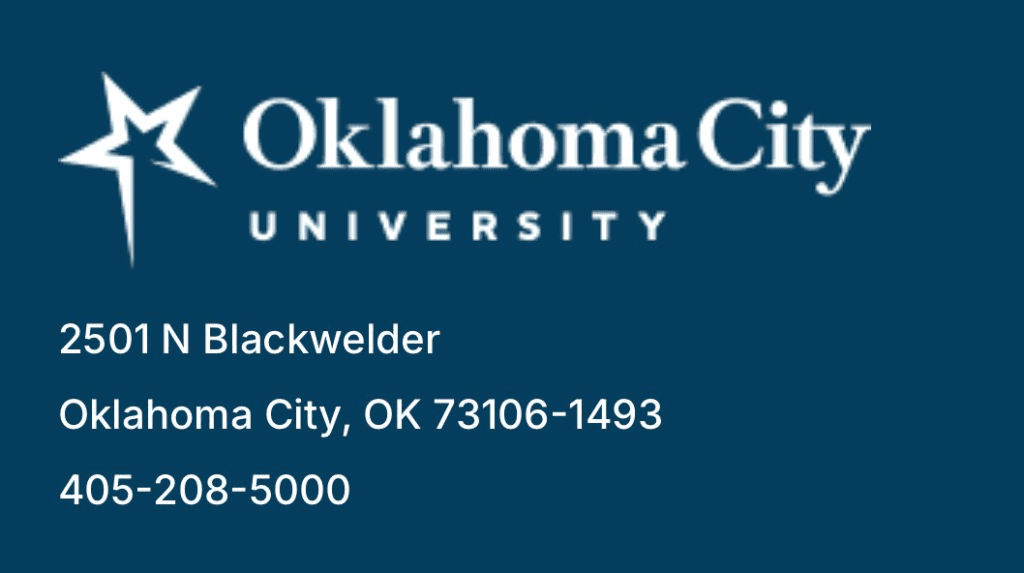
The case has reignited debate about free speech, professional ethics, and accountability in higher education. It comes amid broader cultural tensions in the United States, where the line between personal expression and institutional responsibility is increasingly scrutinized. Schonauer’s firing also follows a series of high-profile dismissals at universities across the country, where faculty and staff have faced consequences for politically charged statements online.
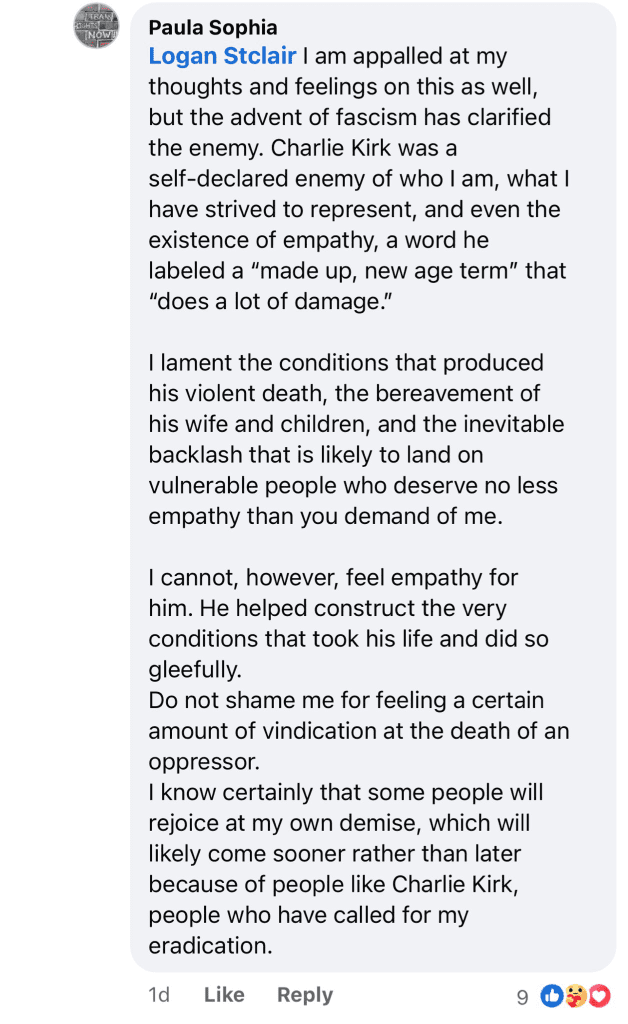
As the dust settles, both sides of the political spectrum continue to argue over what the incident represents. To some, it’s a necessary stand against extremism; to others, it’s another example of cancel culture driven by online outrage. For Oklahoma City University, the decision underscores the growing difficulty faced by institutions navigating public pressure, politics, and free expression in an era where one social media post can spark a national firestorm.
